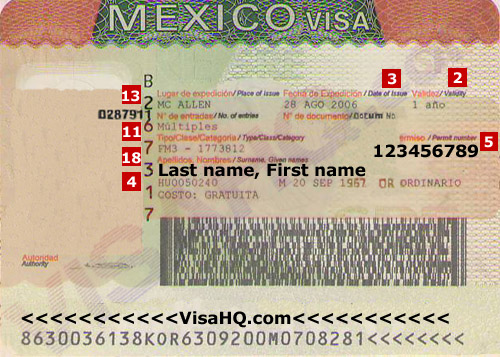Mexico Embassy list in El Salvador
Need help?Chat with us
Why Trip Registration at the Mexico Embassy is Important
Registering your trip with the Mexico embassy is crucial for ensuring your safety and maintaining effective communication during your stay abroad. In the event of natural disasters, like earthquakes or hurricanes, having your trip registered allows the embassy to quickly identify your whereabouts, ensuring you receive timely information and support. Similarly, during episodes of political unrest, embassy registration can facilitate rapid communication and evacuation if necessary. Additionally, in medical emergencies, being registered means that the embassy can assist with locating medical facilities and ensuring you receive the care you need. The peace of mind that comes with knowing that the embassy is aware of your presence in the country enhances safety and fosters a supportive environment for travelers navigating unforeseen challenges.
Mexico Embassy FAQs
Can the Mexico embassy assist in legal issues abroad?
Yes, the Mexico embassy can provide guidance and support in legal issues abroad, including assisting you in connecting with local attorneys or understanding your rights in a foreign legal system.What should I do if I lose my Mexico passport in El Salvador?
If you lose your Mexican passport in El Salvador, report the loss to the local authorities and then contact the Mexico embassy for instructions on obtaining a replacement passport. They will guide you through the process.How can I request support for a detained national?
Family members can contact the embassy to request assistance in cases where a Mexican citizen has been detained. The embassy will provide guidance and may offer consular assistance.Are there services for registering births abroad?
Yes, the Mexico embassy offers services for registering births, ensuring that children born abroad to Mexican citizens can obtain Mexican citizenship.Does the embassy offer notary services?
Yes, the Mexico embassy provides notary services for various documents, ensuring legal validation in accordance with both Mexican and local laws.
Services Provided by Mexico Embassies in El Salvador
Passport Services
- Issuance of new passports
- Renewal of existing passports
- Lost passport replacement
Visa Issuance for Foreign Nationals
- Issuance of various visa types for foreigners wishing to visit Mexico
Assistance in Legal or Medical Emergencies
- Legal support and referral to local attorneys
- Assistance in medical emergencies and finding local healthcare facilities
Travel Alerts and Safety Updates
- Providing updates on travel advisories and safety information for travelers in El Salvador
Support for Nationals Detained Abroad
- Assistance and guidance for Mexican nationals who are detained, including legal referrals
Summarized Diplomatic Presence
Mexico maintains a vital diplomatic presence in El Salvador, primarily through its embassy located in the capital, San Salvador. This embassy serves to strengthen bilateral relations, providing essential services to Mexican nationals and fostering economic, cultural, and political ties between the two countries. The primary functions of the embassy include issuing passports and visas, offering assistance in emergencies, and facilitating communication between governments. With a focus on enhancing cooperation and mutual understanding, the Mexican embassy plays an important role in promoting the interests of Mexico and its citizens in El Salvador, contributing to regional stability and development.
